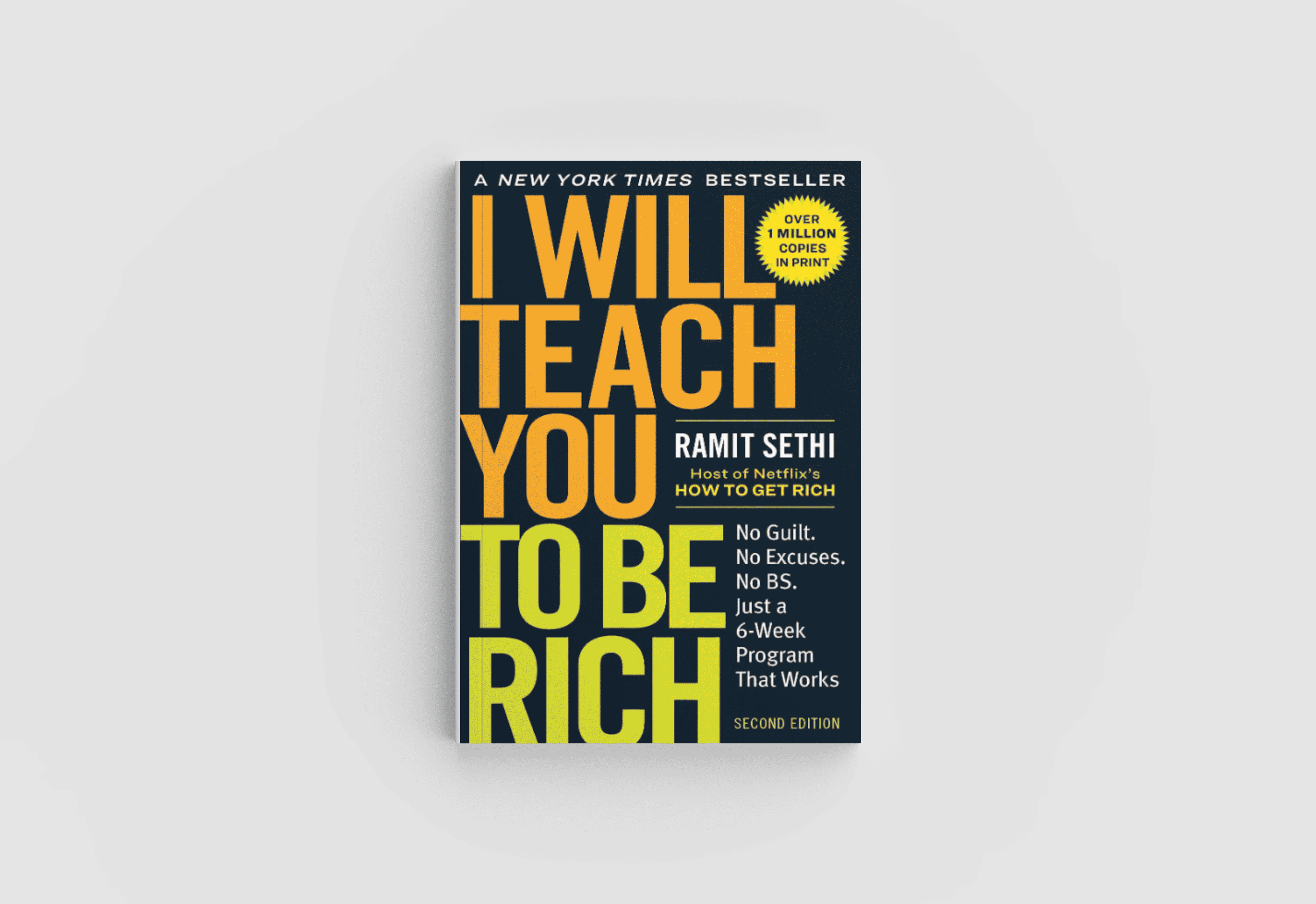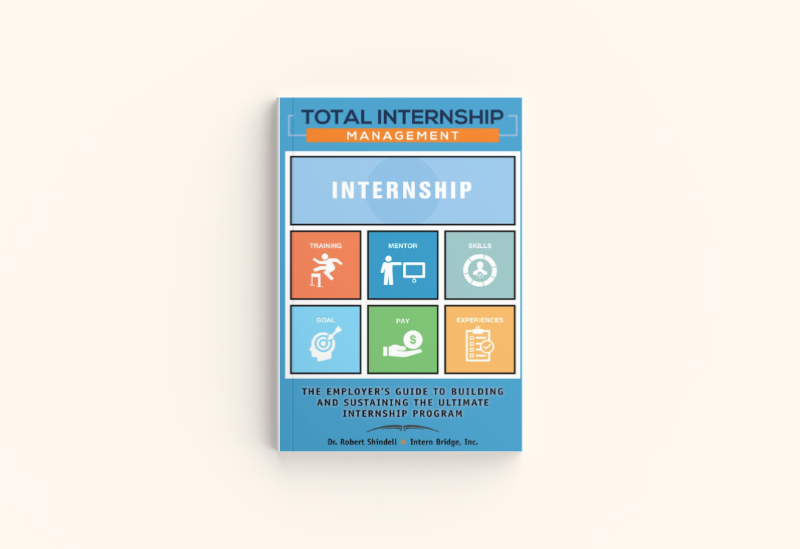BETTER IMPACT BOOK BITES: Wonder Drug
This Month's SelectionWonder Drug: 7 Scientifically Proven Ways That Serving Others is the Best Medicine for Yourself Authored by: Stephen Trzeciak,...
4 min read
![]() Nicole R. Smith
Apr 17, 2024 9:00:00 AM
Nicole R. Smith
Apr 17, 2024 9:00:00 AM

This Month's Selection
I Will Teach You To Be Rich, by Ramit Sethi
The fourteenth in a series of Better Impact Book Bites
A taste of great books worth consuming.
Having a lot of time to reflect due to my recent layoff from work, I came to the grave realization that, in the profession of volunteer engagement, the volunteer department, or paid volunteer staff positions, are the first up on the chopping block. As volunteer managers, we need to be proactive on two fronts: The first, is figuring out a way to make sure our position isn’t an easy target for elimination. Second, making sure we are setting ourselves up in case the worst happens, so we have a cushion built up where an unexpected layoff won’t be debilitating. Thus, in honor of April being National Financial Literacy Month, I thought this book was the perfect choice as it gives practical steps to do the latter.
This book is 333 pages, available as an audiobook and a surprisingly an easy, practical read. You can get a sneak peek of what the book is all about from the author’s short Netflix Series: How To Get Rich. Ramit studied technology and psychology at Stanford and has a unique, clever and irreverent approach to finances. It is refreshing and although he presents some hard truths, he will have you laughing throughout the process.
My answer? Rich. All. Day. Long. This is the author’s quirky way of getting your attention and oddly making the weird correlation between the connection to how people think about food and money. He reminds us that in life (and in our finances) we are not victims, and we can take control of our situations. This is a very comforting thought, especially when many things feel like they are spiraling out of control. The author not only reminds us to take the reins, stabilize ourselves and take control of our destiny, but he provides practical step-by-step instructions on how to do so.
This chapter introduces the six commandments of credit cards and unveils their various hidden perks. What I loved about this chapter is that if you use a credit card for work, these perks have the potential to benefit both you and the company!
Many people who have been laid off are looking for ways to trim the fat until their next full-time position. This chapter discusses how to use your current balance to yield higher interest, five marketing tactics banks use to trick you and best of all, how to negotiate out of fees with your current bank. As someone currently looking to conserve spending on all fronts, I found this chapter invaluable.
If your company offers a 401k and matches it, take full advantage of it…immediately. I waited a whole year to participate in mine because I kept putting it off. I ended up losing out on a ton of free money that I thought I would be able to make up but was laid off before I had the opportunity to do so. This chapter discusses the benefits of the 401k and how it can be an important part of your nest egg.
The same questions he asks about our personal spending can be applied to our volunteer programs. What does our volunteer program “rich life” look like? This chapter discusses how to spend lavishly on what you love and cut costs mercilessly on the things you don’t. I had to literally laugh out loud when the chapter discussed the difference between being cheap and a conscious spender. The principles were awesome, and I found they apply both professionally and personally.
Although this refers to what we can do when we sleep, how can this same principle be applied to help monetize our volunteer programs? In addition to saving while we are sleeping, are there ways we can spearhead something in our departments that create a new revenue stream opportunity while we sleep?? I recently wrote a blog post about this very thing. You can check it out here.
Many people don’t invest because they feel they aren’t financially savvy enough. He debunks the myth of financial expertise and uses this chapter to provide the foundation of investing which he dives into a bit deeper in the next chapter.
This chapter was thought provoking. Investments aren’t always for the long term. There are some short-term investments where you can grow your money but still have access to it in case of an emergency (you know, like should you get laid off). I am so glad I read this right before my layoff because that is exactly what I did. Honestly, it did help ease the pain a bit knowing that I had just put a little something aside and now I have access to it to help me get through a few months while I figure out a plan for a new consistent income stream.
This chapter discusses how to maintain your financial infrastructure including not listening to everyone around you with an opinion.
This chapter focuses on the relational side of money. The occasions that call for big spends like college tuition, weddings, vacations, buying a car and even buying a house. There are very practical steps for all of them that can be very helpful during a time when money is tight.
This was a bit of an out of the box choice, but I couldn’t believe how timely and helpful it was for me. What I didn’t expect from this book was how well all this information translates into my work as a leader too! The author is witty and makes learning about finances fun, which says a lot for me because I detest numbers and financial talk. The only small drawback is for our Canadian friends, you will have to do a small bit of research to find what the Canadian equivalents are to investments that he refers to.
If you were one of many who have suffered a layoff recently, breathe and know it will be ok. You will make it through this. If you still have your job, use these principles to help brainstorm a new revenue stream for your program and build up your personal cushion, especially if you work in volunteer engagement, in case the inevitable happens unexpectedly.
In the meantime, wish me luck. Additionally, if your company is currently hiring and looking for a dynamic volunteer manager who gets proven results, needs a speaker for your next volunteer engagement training session, or would like personalized coaching surrounding any of the following topics, I have ample time on my hands. Let’s connect.
Other Related Links
Featured Posts

This Month's SelectionWonder Drug: 7 Scientifically Proven Ways That Serving Others is the Best Medicine for Yourself Authored by: Stephen Trzeciak,...

This Month's Selection:Total Internship Management: The Employer’s Guide to Building and Sustaining the Ultimate Internship Program by Dr. Robert...

This Month's SelectionExpect to Win: 10 Proven Strategies for Thriving in the Workplace, by Carla A. Harris (Author)The twelfth in a series of...